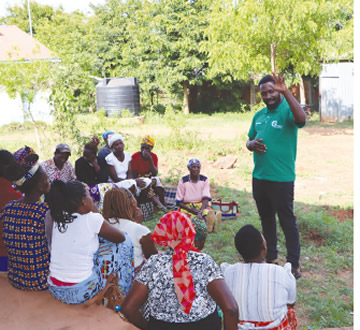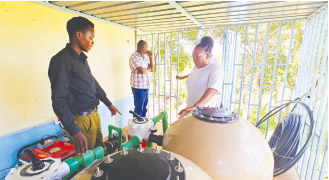Enhancing Safe Water Access and Sustainable Management for Low-Income Households in Emalii
Project Overview
The project, led by Emali Dedicated Children’s Agency (EDCA), aims to improve access to safe, affordable drinking water in Emali town, Makueni County. It targets informal settlements and promotes youth and women empowerment through sustainable water management. Running for 18 months with a budget of KES 4.77 million, it supports SDG 6 (Clean Water & Sanitation) and SDG 13 (Climate Action).
The Problem
Access to clean water in Emali is limited and costly, forcing families—especially women and youth—to rely on informal, unreliable sources like boreholes and seasonal rivers. These conditions endanger public health and offer few opportunities for decent work. Women and youth are underrepresented in water governance structures, limiting their ability to influence sustainable solutions
Infrastructure and Technology:
→ Install a reverse osmosis water treatment plant and an automated water kiosk
→Launch a mobile app for digital payments, usage tracking, and consumer-vendor linkages
Infrastructure and Technology:
→ Advocate for inclusion of women and youth in Water Users Associations (WUAs)
→ Hold policy dialogues and support the creation of commercial tree nurseries using recycled water from the treatment process
Our Partners
• Makueni Rural Water Board– regulation
• Emali Sultan Hamud Municipality– site and licensing
• County departments, KEFRI, Maji Milele – policy, conservation, and automation support
Expected Results & Outputs
→ 1 water treatment plant serving 2,000 residents
→ Functional mobile monitoring app
→ 300+ women and youth trained and integrated in the water economy
→ 2 commercial tree nurseries established
→ Stronger youth and gender representation in local water governance
Conclusion
This innovative project bridges clean water access with inclusive economic empowerment, digital innovation, and environmental sustainability. By placing women and youth at the heart of the solution, it delivers impact where it‘s needed most—at the grassroots level
OTHER PROJECTS



